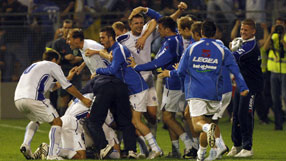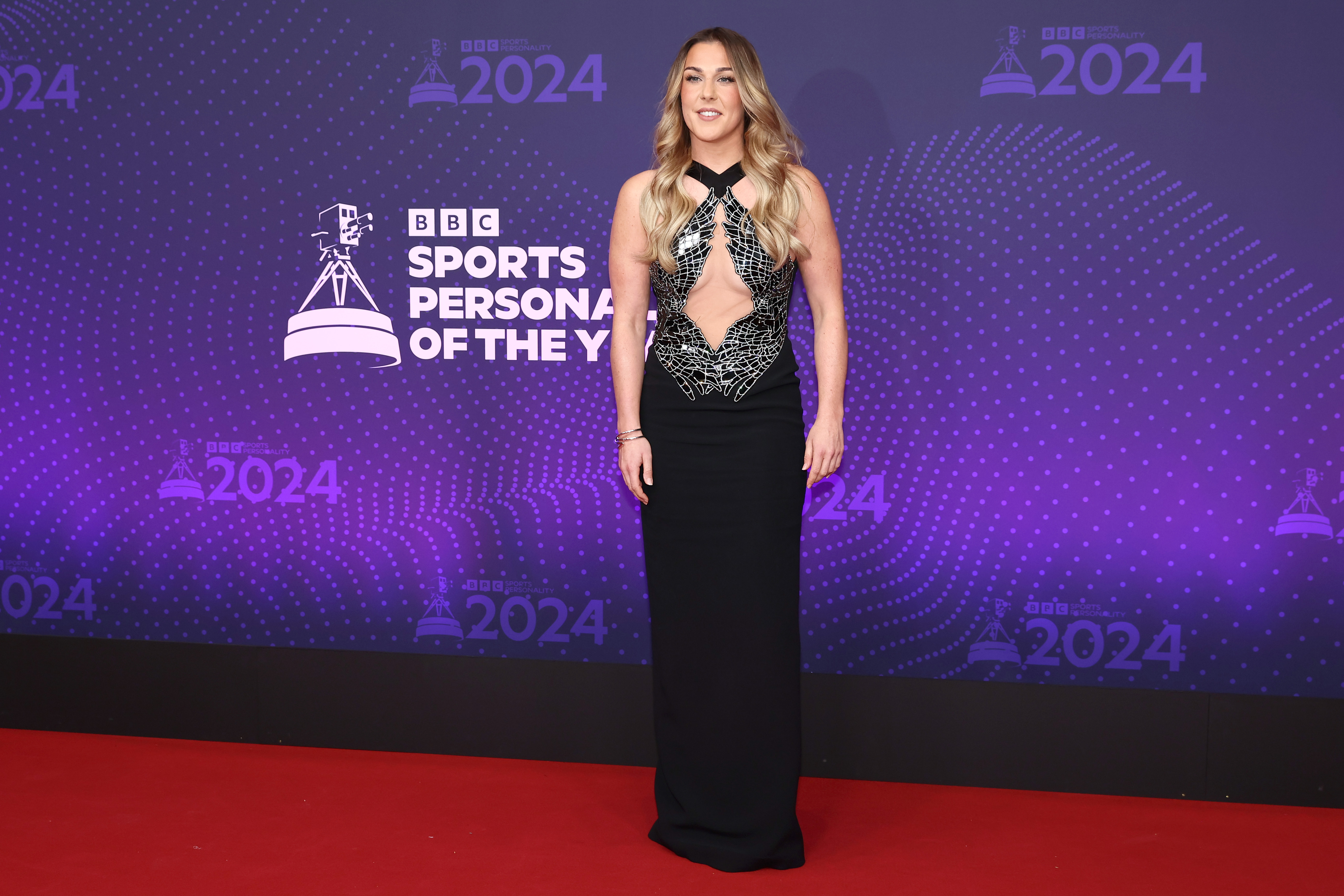
Bosnia secured a berth in Europe's two-legged play-offs next month and should they advance, it will be the first time they have qualified for a major tournament as an independent nation.
Blazevic, who steered Croatia to the 1998 World Cup semi-finals, said reaching the World Cup can help bridge the gaps between Muslims, Croats and Serbs still everywhere to be seen in Bosnia after a bloody 1992-95 war.
"Everybody leans towards a winner, even those in two minds," Blazevic told Reuters before Bosnia's 5-2 defeat by automatic qualifiers Spain in their final Group Five match in Zenica on Wednesday.
"I can only hope for victories because people tend to identify themselves with winners, then 'they' becomes 'we'.
"I can give an impetus but politics is the most powerful, politicians have the biggest chance to destroy or homogenise the society."
DEEP RIFT
The deep rift among Bosnia's three constituent ethnic groups remained after the war, with most Croats seeing Croatia as their true homeland while the Serbs recognise only Serbia.
The best features, fun and footballing quizzes, straight to your inbox every week.
Blazevic took over in 2008 when many players, unhappy with the way the Bosnian Football Association (FNSBiH) was running things, boycotted the national team.
The charismatic Croat was quickly embraced as a magician with the ability to turn losers into winners after putting together a multi-ethnic team which finished ahead of more fancied Turkey and Belgium in the qualifiers.
"Blazevic has united everyone in Bosnia-Herzegovina and shown that we can achieve a lot together," said Iljo Dominkovic, a FNSBiH presidency member.
"We had neither the players nor the fans or the atmosphere before he arrived."
The players also believe that their success may bring closer together ethnically and politically divided Bosnians and that the national team's unity should serve as a model to quarrelling politicians.
"We have already shown that we have managed to unite the entire nation," said Edin Dzeko, a Muslim who scored 26 goals for his German Bundesliga club Wolfsburg last season.
Serb goalkeeper Nemanja Supic, who joined the national team as an anonymous player from Serbian minnows Cukaricki Belgrade, had the whole stadium in Zenica chant his name during one of Bosnia's home qualifiers.
"Sport can help reconcile the people of Bosnia," said Supic, who recently joined Romanian side Timisoara.
"I think we have speeded up the process with our results and that many fans have united in supporting us."
PROBLEMS REMAIN
In reality though, problems remain as Bosnia struggles to bridge the ethnic divisions in daily life 14 years after the war.
While Bosnia's success in securing a playoff place drew raucous celebrations among the country's Muslims, the achievement was met with general indifference by Serbs and Croats.
